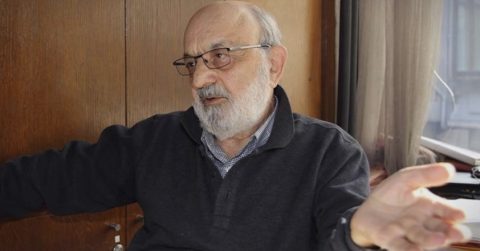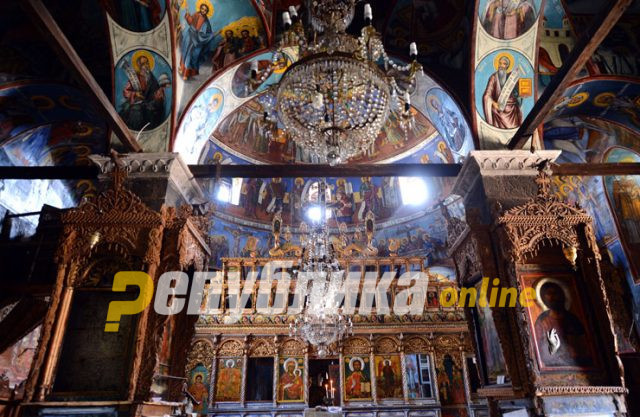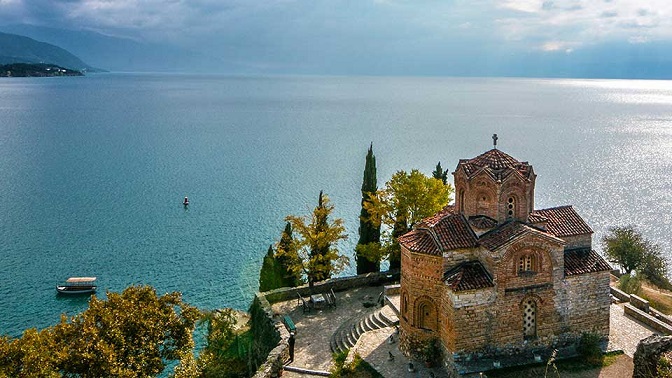I cannot propose to my Government to accept that we are a creation of the Comintern.
This, paraphrased, only less than two years ago, at the height of the misunderstandings between Macedonia and Bulgaria, will be declared by academician Dragi Gjorgiev, otherwise co-chair of the Macedonian-Bulgarian joint commission on history and textbook issues.
But now, after the disclosure of the content of the protocols for joint Macedonian-Bulgarian honoring of five historical figures – Ss Cyril and Methodius, Ss Clement and Naum and Tsar Samuil – it has become obvious that it can. It can even be more than that. For example, to destroy the entire decade-long Macedonian scientific thought, even if it has serious problems with the truth and its interpretation, analyzes “Pressing TV”.

In his last interview with TV Sitel, Gjorgiev will note that medieval empires and states are completely different state creations, identities and contexts from modern states and nations. Hence the efforts of the members of the commission to avoid the events of 150 and 1,000 years ago to be seen in today’s ethnic prism and the desire to emphasize the universal values of the people of that time through which the two nations and not only them can be connected.

Identities in the medieval period and current national identities should absolutely not be connected. Loyalties in the medieval period are to the king and the church and there is no loyalty to the nation and the people. For this period, it is important to respect universal values and to insist on including not only Macedonia and Bulgaria, but also other nations in honoring the people of that time. That is why the recommendations that have been adopted for joint observance and for textbooks in Macedonia and Bulgaria do not touch identity issues at all, said Gjorgiev.
At the same time, he also added that there was no mention of ethnic groups and the identities of persons or communities in the texts for joint honoring, thus achieving what they stood for – that identity issues should not be a topic of conversation for the Commission.
If in the medieval period, according to Gjorgiev, loyalty was to the king and the church, and not to the nation and the people, what did he tell us in other words? Was the Ohrid Archbishopric also Bulgarian because it too has already been “sold”, even though it never was?

Well, he better say it openly. Why, then, is the agreement and the entire struggle of the MOC for changing the name and accepting only the Ohrid Archbishopric ? Well, the Ohrid Archbishopric should be one of the foundations! Or for Gjorgiev it has no meaning?!





Comments are closed for this post.